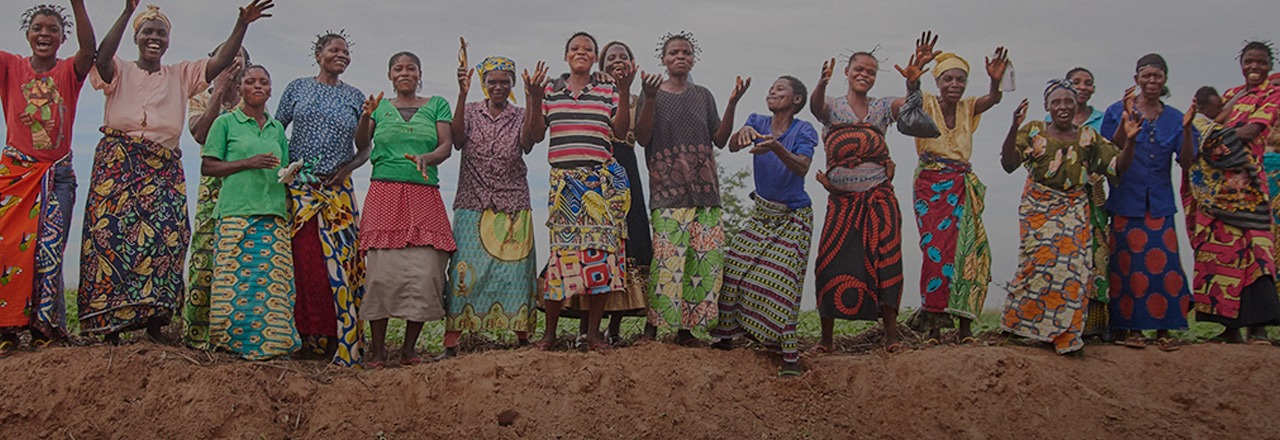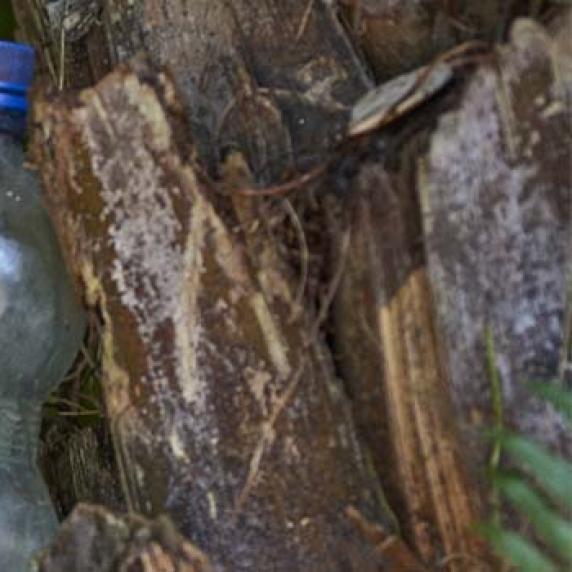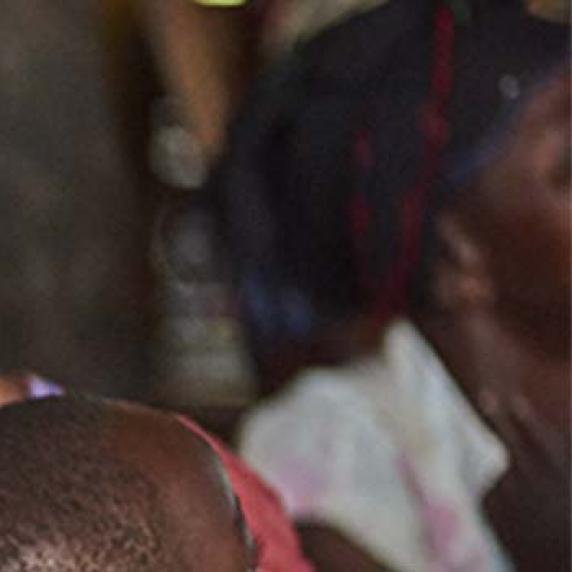

Emergency/Long Term Food Security & Resilience in Budikadidi DRC
Project Details
Project Locations: Kasai Oriental Province, specifically Cilundu, Kasansa and Miabi Health zones
Timeframe: December 2016 – December 2021
Partners: Budikadidi is implemented by Catholic Relief Services (CRS), in collaboration with 5 major partners: National Cooperative Business Association / Cooperative League of the USA (NCBA CLUSA), Tufts University, Caritas Mbujimayi, Réseaux Femmes et Développement (REFED), and Réseau des Associations Congolaises de Jeunesse (RACOJ).
Project Overview
With support from USAID’s Office of Food for Peace, CRS is implementing the Budikadidi (“Self-sufficiency” in the local language of Tshiluba) DFSA (Development Food Security Activities) program, with the goal of sustainably improving nutrition and food security in rural households in the Eastern Kasais by 2021. The program integrates food security, economic development, health/nutrition, gender, and good governance via four major sector approaches: Governance, Nutrition, WASH, and Agriculture. By the end of the project, CRS and its partners will have served 85,300 households across 474 villages.
The interventions primarily target pregnant or breastfeeding women and their husbands as well as community leaders, provincial administrative and health authorities, and institutional partners.
Budikadidi focuses on building local capacity, strengthening service-delivery systems, increasing accountability, and reducing structural, cultural and gender-based barriers to change. The program supports the adaptive capacity of households, communities and structures to enable sustainability in six strategic areas: Children, Youth, Women, Markets, Environment, and Communities. CRS’ approach is based on the foundational belief that when communities are empowered to improve and sustain food security and nutrition for all members, chronic malnutrition can be sustainably reduced, and household well-being will improve.
Key Areas of Intervention
Budikadidi assists communities in establishing functioning structures to improve and sustain food security and nutrition for all community members. Budikadidi established 474 Community Action Committees (CAC) in Cilundu, Kasansa and Miabi to promote multi-sector actions to prevent chronic malnutrition. Budikadidi programming has worked with CACs to establish good internal governance and action plans using participatory approaches.
Working with the program, the CACs have identified barriers to health and nutrition: gender inequality in household decision making, early pregnancy, and forced marriages. Budakididi has implemented activities to address these barriers, including low engagement of men in nutrition and care practices. Initial feedback suggests positive changes in attitudes. Hygiene improvements are particularly visible and appreciated in communities. Mothers report increased knowledge of infant and young child feeding practices, and some improvements in child meals. Gains in knowledge of essential nutrition actions have been achieved through Care Groups, Mass media, The Faithful House, incorporating the REAL Fathers approach.
Budikadidi’s WASH strategy is based on three pillars: 1) Community-Led Total Sanitation (CLTS), 2) hygiene promotion, and 3) social marketing of improved latrines. Through its social marketing approach, Budikadidi mobilized participants to build over 50,000 hygienic latrines. CRS’s training for local masons in pit, slab, and superstructure construction was a key project strategy for ensuring latrine ownership and maintenances reaches 100% beyond the end of the project.
To address food insecurity, Budikadidi is using an integrated and sequenced set of interventions to provide households with a viable route to improved, sustained economic well-being. Principal interventions include the adoption of permagardens for production of locally available vegetables and legumes, increased access to improved varieties for staple crops, climate-smart technologies for increased production, diversification of household income, road infrastructure rehabilitation, and SILC to promote access to credit for investment in income-generating activities.
Expected Outcomes
- Environment favors multi-sectoral development toward food and nutrition security for all community members.
- Systemic gender barriers to food and nutrition security reduced.
- Communities are resilient to common shocks.
- Early pregnancies and forced marriages reduced.
- Households practice optimal Health-Nutrition and WASH behaviors during the 1,000-day period.
- All household members make use of high quality, accessible health services.
- Communities and households maintain a clean environment conducive to good health & nutrition.
- Men and women share household responsibilities and decision making equitably.
- Household income increased.
- Households have access to diverse, appropriate foods for all members at all times.
CRS in DRC
CRS began operations in the Democratic Republic of Congo in 1961 at the invitation of the country's Catholic Episcopal Conference. Since 1993, the agency has maintained a continuous presence due to permanence of the conflicts, in order to provide timely assistance to populations at risk.
With an initial focus on emergency response, CRS has expanded into development programs with integrated, wide-ranging and gender responsive and transformative health, water security, nutrition, and agricultural interventions. Whether through direct implementation or through local partners, CRS’ presence across the country ensures our ability to rapidly start-up projects and reach beneficiaries in remote areas.
Today, the DRC is among CRS’ largest country programs, with a FY20 budget of around $24 million. CRS DRC currently has 181 national and 16 international staff working out of the Kinshasa head office and sub‑offices in Kananga, Mbuji-Mayi, Goma, Bukavu, Kalemie, Lodja, Kole and Lubumbashi. We count around 25 partner organizations across our program portfolio.



